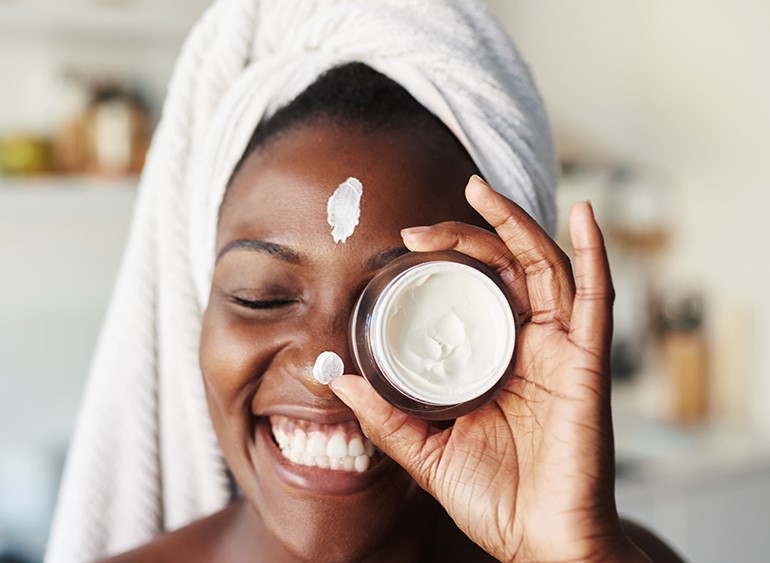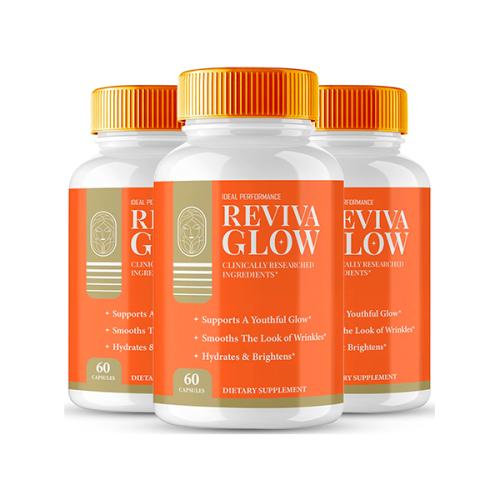Clinical Skincare: The Science-Backed Beauty Trend Redefining Skin Health

INTRODUCTION
What Is Clinical Skincare
Clinical skincare refers to products developed with dermatological validation and supported by scientific research. Unlike traditional cosmetics, these formulations often contain active ingredients proven effective in peer-reviewed studies.
Why It’s Gaining Popularity
- Consumer Demand for Evidence-Based Results: Shoppers want products backed by data, not just marketing promises.
- The Rise of the “Lab Aesthetic”: Minimalist, science-inspired packaging appeals to Millennials and Gen Z.
- Educational Marketing: Brands are using dermatologists and research-based content to explain how products work.
According to Grand View Research, the cosmeceuticals market is set for strong growth over the next decade, driven by demand for scientifically proven beauty solutions.
Key Ingredients to Look For
- Retinoids: Support skin renewal and reduce visible aging (Harvard Health Publishing).
- Niacinamide: Improves skin barrier and reduces redness (NIH study).
- Vitamin C: Provides antioxidant protection and helps even skin tone (NIH).
How to Choose the Right Product
- Read Ingredient Labels Carefully – Look for concentration percentages and active compounds.
- Verify Clinical Evidence – Prefer brands that share test results or study references.
- Consult a Dermatologist – Especially important for sensitive skin or chronic skin conditions.
SEO Keywords Used
- Clinical skincare
- Science-backed beauty
- Dermatologist-approved skincare
- Skincare ingredients
- Skin health trends
Retinoids, niacinamide, vitamin C benefits
Conclusion
Clinical skincare isn’t just a beauty trend — it’s a shift towards informed, science-based skin health. By combining cosmetic appeal with research-backed performance, this movement empowers consumers to make smarter, safer choices for their skin.
" GOOD HEALTH WANTS THE BEST FOR YOUR SKIN "



